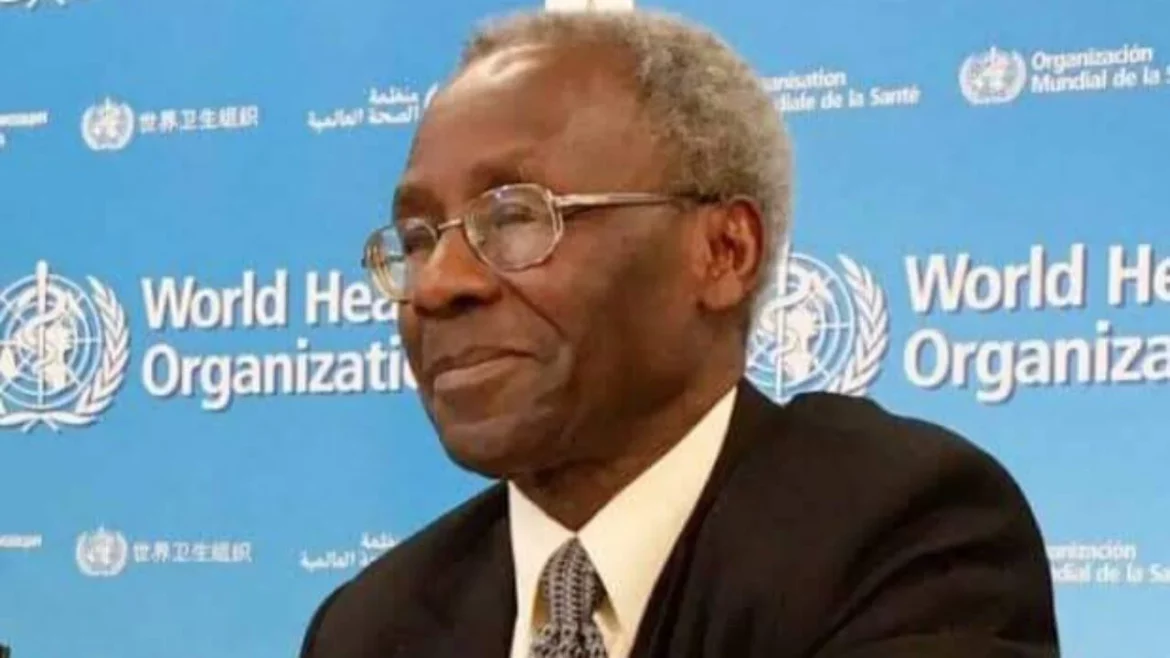By Iyemah David
A foremost Nigerian virologist, has said that the COVID -19 pandemic clearly showed that Nigeria and the world at large were ill-prepared and ill-equipped to deal with unforeseen medical emergencies.
Professor Oyewale Tomori, a former Vice Chancellor of Redeemer’s University, Ede in Osun State, told newsmen in Abuja on Thursday, that he expected the country to learn relevant lessons from unending COVID-19 Pandemic.
He said that in spite of official proclamations by government that Nigeria had learnt some lessons, “I think we have either not learnt much or forgotten what we learnt so soon or learnt the wrong lessons.
“As such, it does not seem as if we are ready for the next epidemic.”
Tomori, who alluded to the Lassa fever outbreaks in some parts of the country, said that the spread had witnessed an annual increase.
“Take for example the annual increase (almost doubling) the number of reported suspected Lassa fever cases since 2019, 5,057 in 2019, 6791 in 2020, 4654 in 2021, and 8,202 in 2022.
“The 2021 drop in the number of reported cases may be attributed to the near-total focus on COVID-19. We seem unable to stem the tide of the annual outbreaks of Lassa fever, a disease that was first discovered in 1969,” he said.
The expert said that the people, the community or the individual are the most important factor in disease control and prevention.
“An individual is infected by a pathogen, others get infected through that index case, and a sporadic case becomes an outbreak, an epidemic or a pandemic. It all starts with that single and index case.
“We must learn that the individual is the most important factor in disease epidemics. Educate the individual to be aware of his/her role in the prevention and/or spread of diseases, teach him/her how to protect himself/herself and how he/she can help stop the spread of a disease,” he explained.
Tomori said that public health could not move forward without the cooperation and collaboration of the citizens. Hence engagement of the community at all levels using relevant health education and appropriate communication channels is very important.
The professor of virology said that the focus must be on disease prevention and taking responsibility for one’s health would go a long way in improving public health.
He said that no public health intervention could succeed without the involvement of the community.
Tomori said that knowing and addressing the concerns of Nigerians about their health would help in making the country’s public health system more effective.
He further stressed the importance of timely provision of sustained and adequate resources; funding, infrastructure, consumables supplies, as well as trained and competent workforce, for disease surveillance and preparedness.




